- COURT (Marathi)
Dir: Chaitanya Tamhane
Before bulldozing its way across film festivals in the last one year, 27-year old Tamhane’s COURT released in April in Indian cinemas. This is a multilingual film in every way; a bit of Gujarati, Hindi and English is spoken by various characters, but the filmmakers are Maharashtrian. However, it broke most language barriers and dazzled with its understated critique of the Indian judiciary system. Based around a folk singer trialed for abetting the suicide of a sewage worker with inflammatory lyrics, Court’s biggest strength is that it rarely looks like a film. It follows the lives of three primary characters involved in the trial – a su perstitious judge, the prosecution lawyer and defense lawyer, as we go behind the scenes of their lives; Tamhane draws ironical aspects of their lives without spelling it out, before culminating in a quiet manner, leaving viewers to draw their own conclusions from the film.
perstitious judge, the prosecution lawyer and defense lawyer, as we go behind the scenes of their lives; Tamhane draws ironical aspects of their lives without spelling it out, before culminating in a quiet manner, leaving viewers to draw their own conclusions from the film.
- KILLA (Marathi)
Dir: Avinash Arun
Avinash Arun’s directorial debut KILLA, about a 12-year old boy adjusting to a crucial transition phase in his life (moving to a small Konkan town with his mother after his father’s death), is a quiet, poignant and very relatable rendition of childhood and memories. It’s the kind of film that you reminisce about as your own childhood, even though it’s chronicles someone else’s early life. We’ve all gone through such phases, and have perhaps come out the way the boy does – resilient, yet troubled and much wiser. Arun is a cinematographer (he also shot ‘Masaan’ and ‘Drishyam’, a hat-trick for the year), and his craft is visible in making this an atmospheric, lyrical portrait of childhood; an assured debut by a voice to watch out for in years to come. - QISSA (Punjabi)
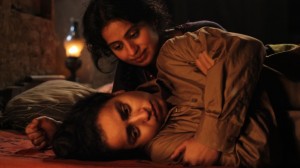
Dir: Anup Singh
The magnitude of disappointment experienced because of a rather bizarre, abstract film-school climax is directly proportional to the intensity and authenticity of imagery that precedes it. Qissa is set in post-partition India; Irrfan Khan plays a father in denial about his fourth daughter (Tillotama Shome), who he decides to bring up as a boy, and even marry her off to a gypsy girl (Rasika Dugal). This is a disturbing portrait of patriarchy and obsession, and is graced with fantastic career-turning performances by Shome and Dugal – whose chemistry is palpable before the film derails in the final act. Khan is intimidating enough, and does a good job of lending this film a recognizable act – representing thousands of contemporary families with fathers still craving for a son to take forward their ‘legacies.’ - ASHA JAOAR MAJHE (Bengali)
Dir: Aditya Vikram Sengupta
This is perhaps the most ambitious film out of the lot, simply because not a word of dialogue is spoken throughout, with the film solely depending on the quiet, routine lives of a young Bengali couple in Calcutta, struggling to deal with the city’s desperate economic situation. He works nights at a printing press, spending days alone at home eating the food made by his wife early morning; she works as a supervisor in a factory by day. Their routines don’t allow them to meet, and it’s poignantly obvious that in this fight for survival, they miss each other sorely. Director Sengupta manages to let us imagine an entire young backstory to their lives – perhaps a brighter, ambitious conquer-the-world attitude that has been muffled by reality – without actually showing it to us. They miss being in love, and crave for that single moment when their schedules clash at dawn. This is a difficult film to watch in the beginning, and requires patience and an understanding of what the filmmaker is trying to say. This patience will be rewarded.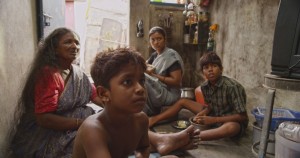
- KAAKA MUTTAI (Tamil)
Dir: M. Manikandan
This film is one massive slice of heart. Based on two slum children who spend their time trying to save up money to buy a Pizza from a mall, it addresses so many social and economic disparities in today’s society, albeit in a sweet, sentimental and very watchable manner. The story is simple and is thankfully authentic, based in Chennai, where such scenes could actually be taking place every day. It depends largely on the playfulness and innocence of the two child actors, who do a fantastic job of portraying craving, immaturity and desire for something far beyond their reach. The heartwarming, somewhat melodramatic climax is a testament to their purity. And with the increasing role of social media and news in today’s sensitive times, their eventual fate – though a bit contrived – makes the wait well worth it. As the saying goes, ‘this could happen to you!’SPECIAL MENTION
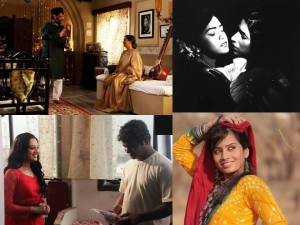
BIOSCOPE (Marathi) – an anthology of four short films, based on four famous pieces of Indian poetry, directed by four renowned Marathi filmmakers.

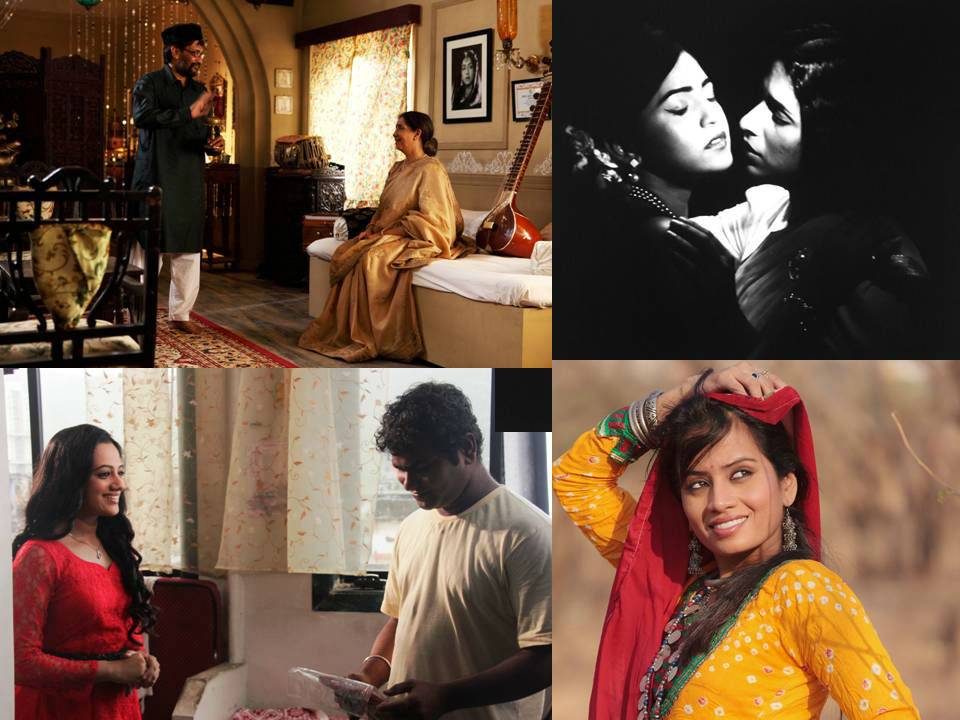
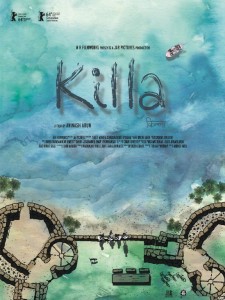
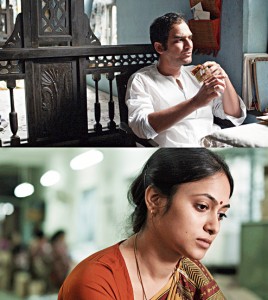

Leave A Comment
You must be logged in to post a comment.